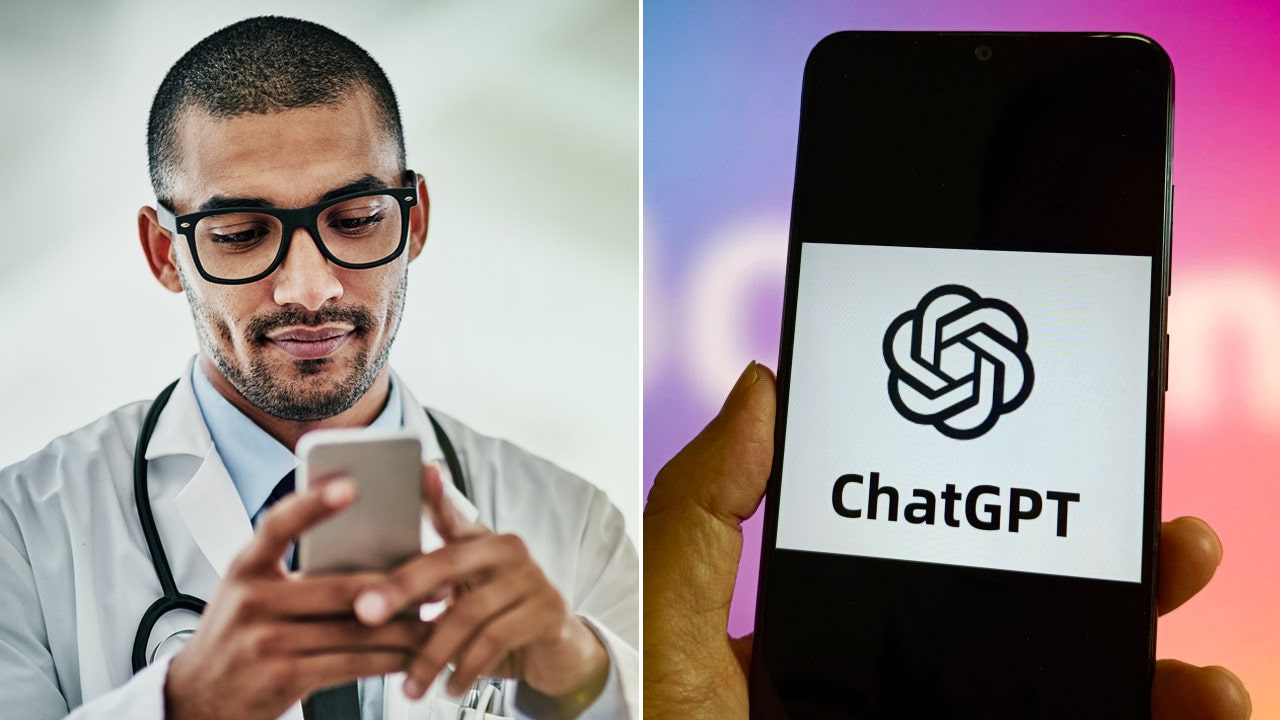OpenAI’s ChatGPT has gained popularity as a quick response tool for various inquiries. However, a recent study in JAMA Oncology indicates that when it comes to providing medical advice for cancer treatment, the AI chatbot may have significant limitations. Researchers from Mass General Brigham, Sloan Kettering, and Boston Children’s Hospital tested ChatGPT by asking it 104 different prompts for cancer treatment recommendations. The responses were then evaluated by a team of four board-certified oncologists using five criteria, resulting in an underwhelming overall score of 61.9%.
Although language learning models (LLMs) have successfully passed the U.S. Medical Licensing Examination, the chatbot’s performance in providing accurate cancer treatment recommendations aligned with National Comprehensive Cancer Network (NCCN) guidelines fell short. Many responses were ambiguous or a mix of inaccurate and accurate information. Approximately 13% of the responses were classified as “hallucinated,” appearing factual but being entirely incorrect or unrelated to the prompt. This potential for misinformation raises concerns about the safety of patient decisions based on such advice. Dr. Harvey Castro, an emergency medicine physician and AI expert, emphasized the risk of delays in appropriate care, noting that patients with advanced lung cancer might receive recommendations not recognized by NCCN guidelines.
The study’s co-author, Danielle Bitterman, an assistant professor of radiation oncology at Harvard Medical School, acknowledges that while ChatGPT successfully mimics human language, it lacks reliability in providing medically accurate information. Bitterman observed the blending of correct and incorrect treatment options, indicating the difficulty in distinguishing between them. She expressed hope for future collaboration between AI models and physicians, leveraging accurate information from models alongside expert guidance.
It’s important to note that the study only evaluated ChatGPT 3.5 at a particular time and did not extensively explore prompt engineering. However, it highlighted valid concerns, demonstrating the need for further research. Bitterman acknowledged the limitations of using AI chatbots for cancer treatment recommendations without discussing the ethical considerations. Dr. Castro emphasized that while AI chatbots can be useful tools, they should supplement professional medical advice rather than replace it. He stressed the importance of relying on established guidelines and clinical expertise to avoid any potential risks associated with inaccurate recommendations.
Moving forward, future research should examine AI chatbots’ long-term impact on different types of cancer and patient education. Evaluations should include various medical conditions to assess the chatbot’s performance comprehensively. Although generalist models like ChatGPT are not designed to provide medical advice meeting the standards of medicine, they hold potential for synthesizing complex information into accessible language. However, Bitterman cautioned that model developers must prioritize transparency, updating data sources, and evaluating performance regularly to ensure patient safety and prevent setbacks in the field of AI in healthcare.
Denial of responsibility! VigourTimes is an automatic aggregator of Global media. In each content, the hyperlink to the primary source is specified. All trademarks belong to their rightful owners, and all materials to their authors. For any complaint, please reach us at – [email protected]. We will take necessary action within 24 hours.


